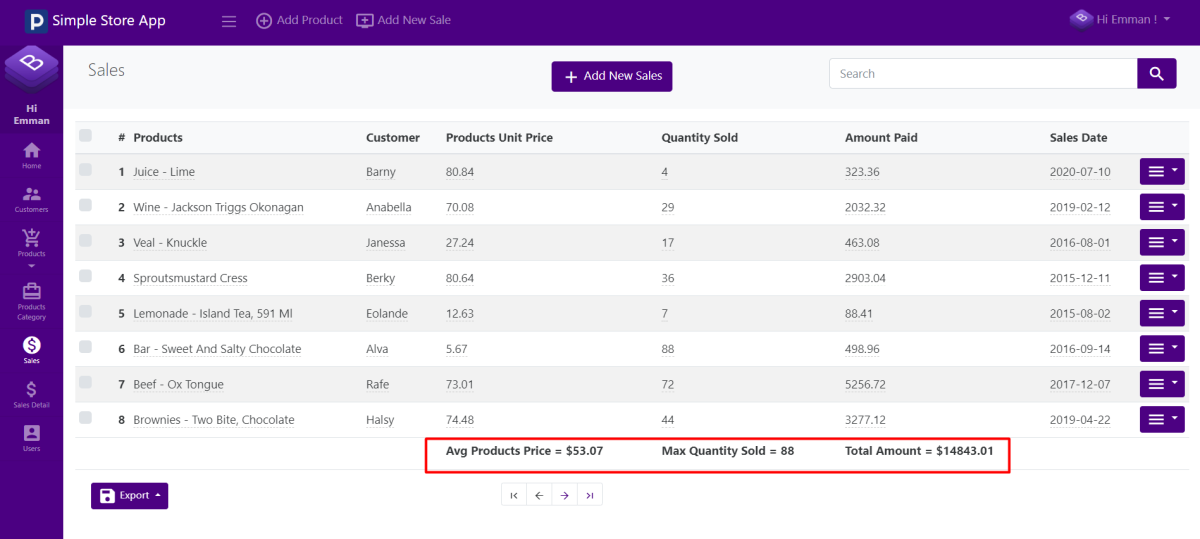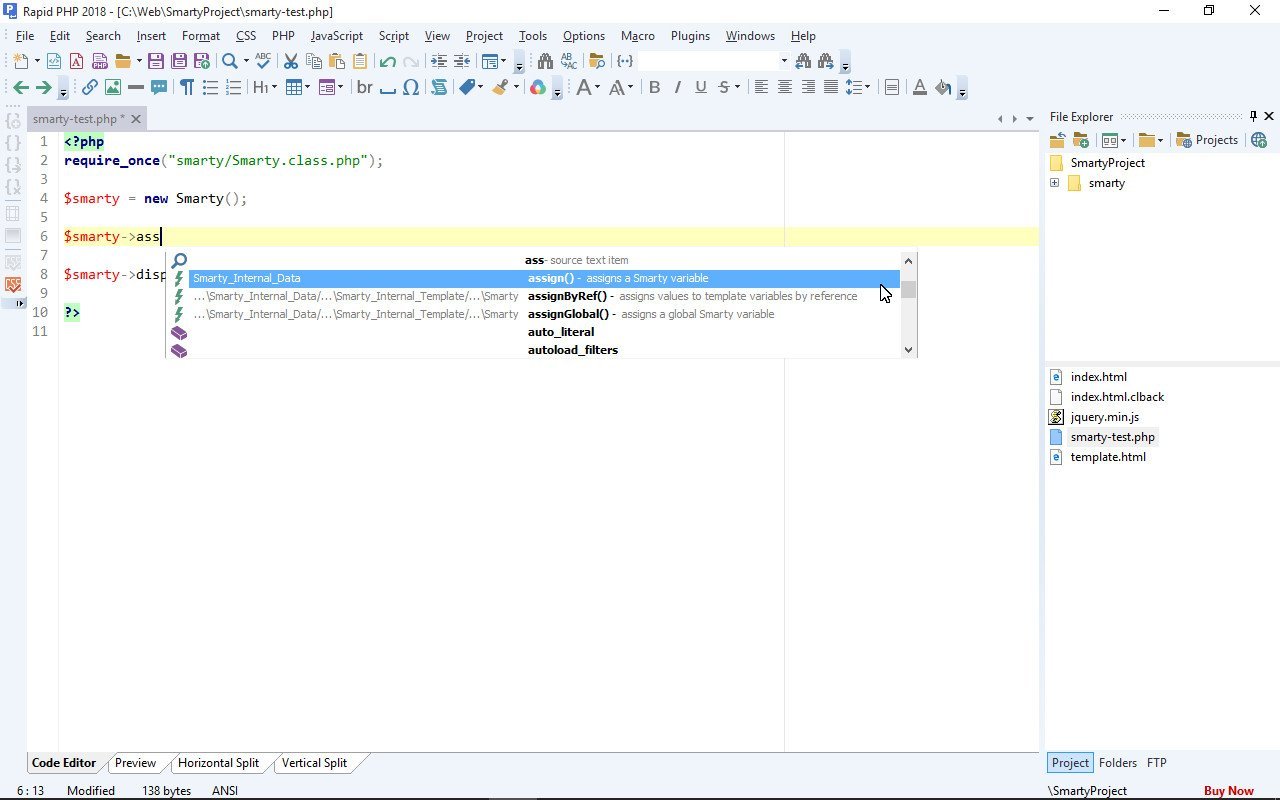

Some frameworks will be tricky if you’re not too familiar with their functions, and therefore having this steep of a learning curve may waste too much of your time. When searching for the right PHP frameworks, consider the following: Supportive communities of co-developers.Application error logging, data validation.form tampering prevention, SQL injection prevention, etc.) Application deployment & maintenance utilities.Query builder for SQL or NoSQL databases.Support for multiple caching mechanisms.Model-view-controller (MVC) architectural pattern.Code generation and scaffolding tools for rapid deployment.Library of tools for automation common tasks.Open, extensible component architecture.Presently PHP Frameworks provide the following capabilities to developers: The design patterns typically used by these frameworks are typically that of a model view controller concerned with the manipulation of data. Designs, documentations, and standards can all be clearly and easily communicated through team projects. In addition to saving the user time, PHP frameworks also allow for collaboration between other developers. These automate some of the more routine or straightforward but time-consuming elements of coding hence PHP Frameworks support rapid application development (RAD).


They support rapid, stable development of applications by providing a basic organized structure, and a tested library of development tools or modules. A PHP framework supports and simplifies the creation and collaborative development of applications in PHP. PHP is a commonly used scripting language that is most popularly used in web development. Integration Platform as a Service (iPaaS).C/C++ Integrated Development Environments.


 0 kommentar(er)
0 kommentar(er)
